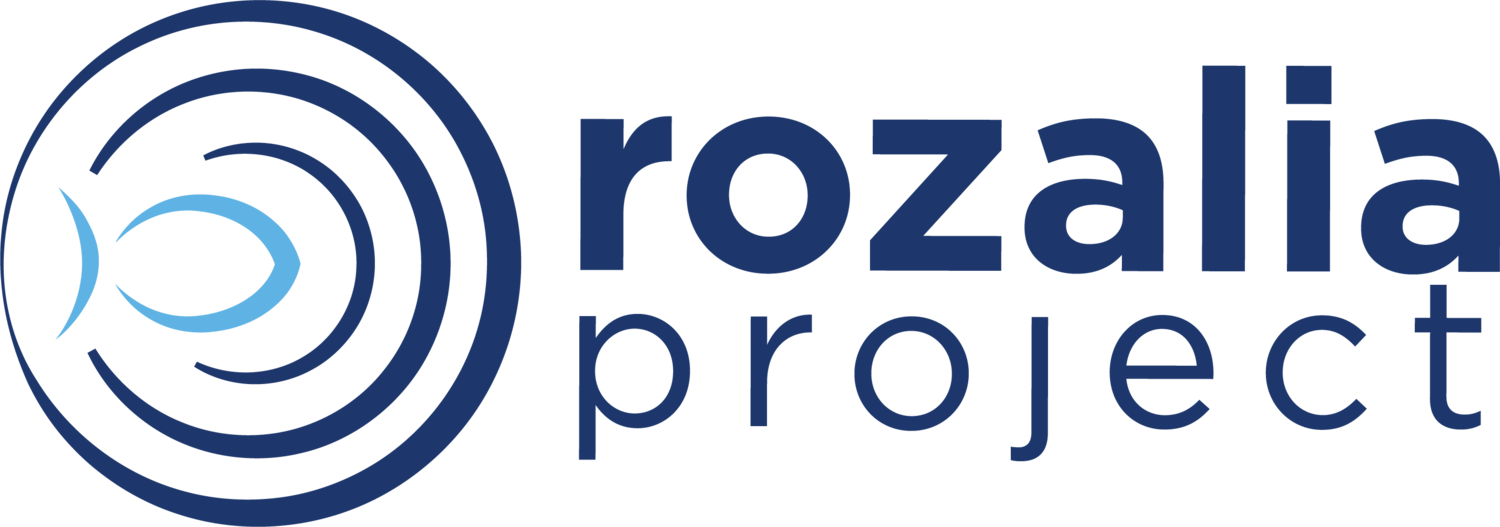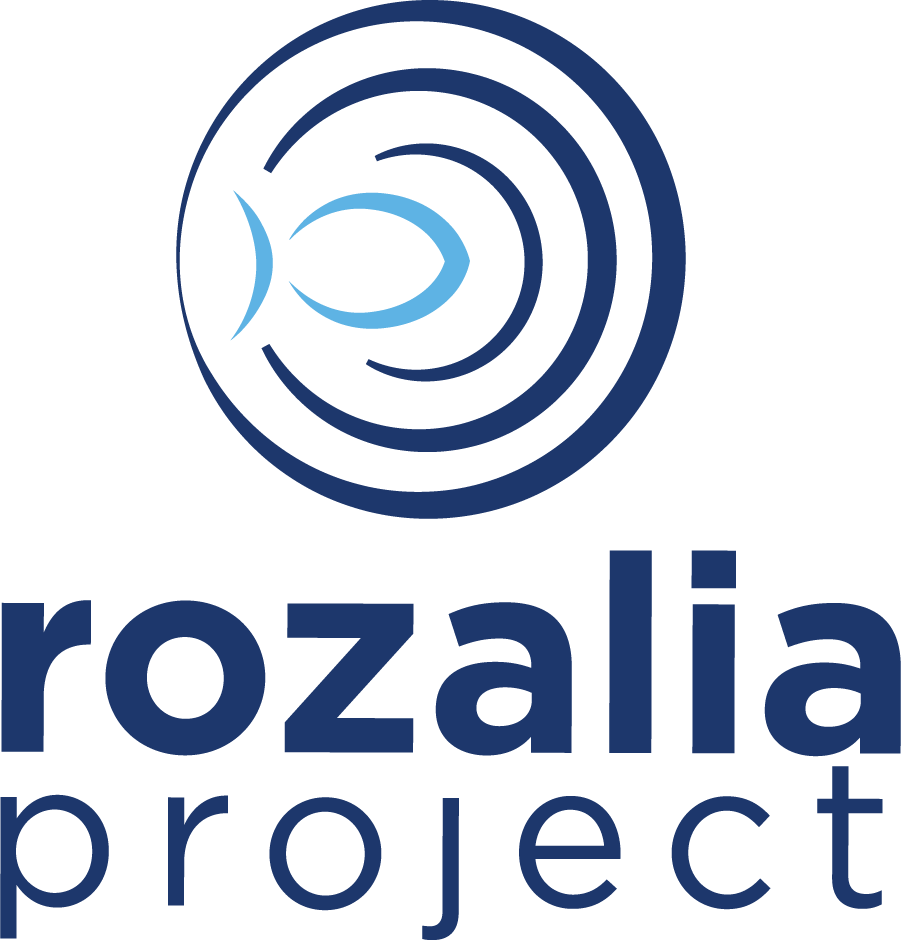Vermont-Based Solutions
Lake Champlain is in trouble!
Rozalia Project lead a scientific study looking at sediments from all over the shores of Lake Champlain and analyzed the non organic materials found. The results demonstrated a “significant presence of microtrash in Lake Champlain shoreline sediment” and a higher amount of marine debris near the more populated areas along the lake. The top three items found were resin pellets, paint chips, and plastic sheeting. The high concentration of marine debris is very concerning and warrants further action to clean up the lake and prevent further pollution. This can be done through education, cleanups, innovation, further recycling, green infrastructure, and better waste management.
Below listed are several initiatives, products, and businesses that align with Rozalia Project’s suggested solutions for mitigating Lake Champlain’s pollution problem.
-

Burlington "Thirsty Campaign"
The Thirsty Campaign is a Burlington-based initiative to slow the use of plastic water bottles in the city and instead promote tap water. Plastic waterbottles degrade into microplastics that plague waterways like Lake Champlain. The Thirsty Campaign has successfully created actions to replace water bottles at functions and offices with an accessible tap water alternative.
-

Rethink Runoff
Another main method to avoid plastic pollution and debris in Lake Champlain waterways are initial prevention with storm drains, stream monitoring, and keeping runoff clean. Rethink Runoff is a Chittenden County-based group that works to raise awareness and involve the community in efforts to decrease pollutants in stormwater. Rethink Runoff has many resources for children and adults to learn about stormwater and pollution prevention. They also host workshops and volunteer opportunities for community members to get involved.
-

Chittenden Solid Waste Distric
Chittenden Solid Waste District (CSWD) manages the solid waste made by Chittenden County. Its current mission is to decrease the amount of waste produced by the county and handle it in the most environmentally efficient and responsible way. CSWD works to increase recycling education in the community by offering field trips and school programs. Through more education, especially starting with children, there can be hope to raise new generations that care and know about recycling and waste prevention. In this county especially, outreach efforts like these will prevent further pollution from entering the Lake Champlain watershed.
-

Can Carrier Recycling Program
Oftentimes, packaging for drinks is not recyclable, ends up in our waterways or as microplastics, and is not reusable. Eco-friendly Beer and Reusable Solutions have developed a reusable canned drink carrier in collaboration with local breweries and cideries. This carrier is returned, cleaned, and reused. This pilot program has shown positive economic and environmental effects. This initiative diverts plastic drink carrier waste from accidentally ending up in Lake Champlain waterways.
-

POPi Toothbrush
According to Rozalia Project’s marine debris data , Lake Champlain has a high concentration of resin pellets. They can be potentially linked to manufacturing that has or is currently taking place in the region. A sustainable alternative to virgin plastic items is to seek out alternatives such as this POPi toothbrush that is made of recycled ocean-plastic manufactured by Preserve!


